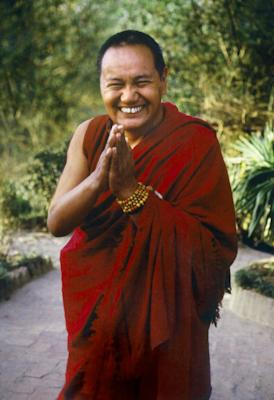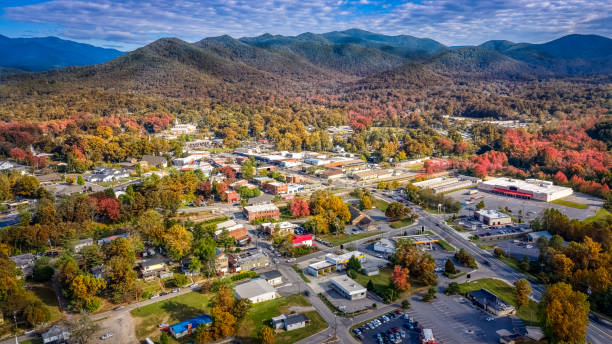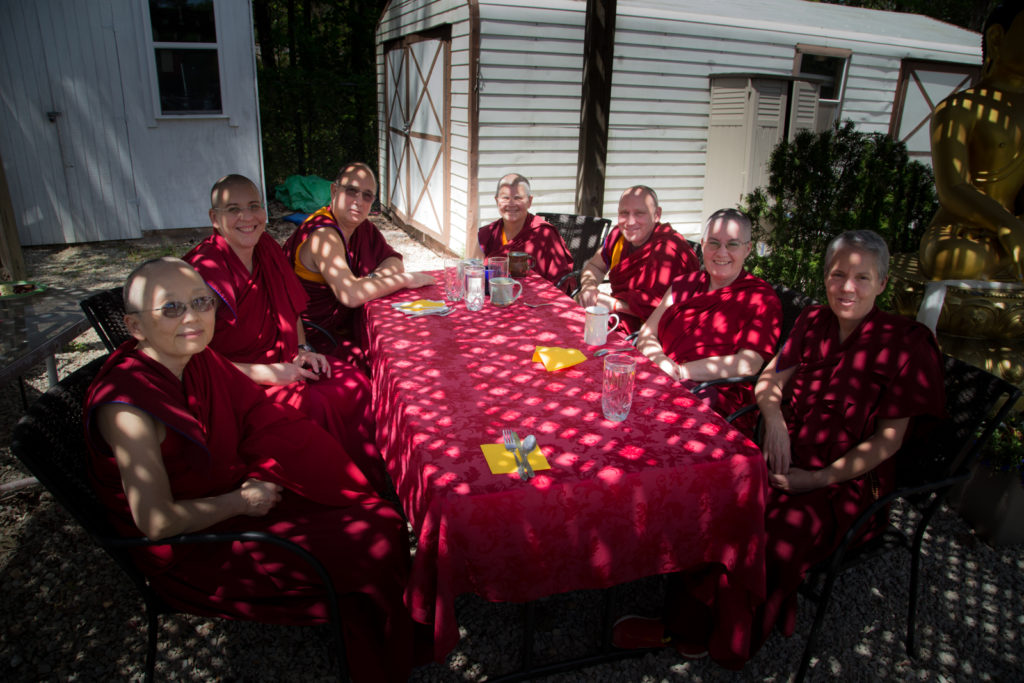By: Alexander Farjadi

Introduction
The Kadampa center is a vibrant Buddhist community located in Raleigh, North Carolina and was officially founded in 1991 by Don Brown. The center follows the doctrines of Tibetan Buddhism based in the Gelugpa tradition, teachings from Kelsang Gyatso, founder of the New Kadampa Tradition (NKT), and the lineage of Lama Thubten Yeshe, co-founder of the Foundation for the Preservation of the Mahayana Tradition (FPMT). The FPMT is an international family of city and retreat center, monasteries, publishing houses, hospices, and healing centers which the center pledges membership to. The Kadampa center is one of the 160 FPMT organizations and 1200 NKT centers globally.
The Kadampa center’s mission is to “transform the minds and lives of individuals and societies into the highest ideas of enlightened wisdom, compassion, and skillful action through the study and practice of Tibetan Buddhism”. They claim this can be attained through studying the literature and teachings of Kelsang Gyatso, founder of the NKT. The Kadampa center follows the Lamrim textual tradition, the backbone of Kadampa Buddhism which outlines essential spiritual instructions to achieve awakening. The Kadampa center is part of the NKT, a broader religious movement which emphasizes incorporation of Buddhism into daily life and seeks to make Buddhism more accessible to a wider audience. Some Tibetans have labeled the NKT as a controversial movement because of some of their ideology and for being a “breakaway” sect from Buddhism. The Kadampa center however avoids controversy.
Because the center is non-profit, Kadampa relies on the generosity and dana of its members, which currently sits at 101 monthly sustainers. Their website encourages donations for meritorious karma and also to finance the pujas, retreats, and statue Lama Atisha that the center acquired. Alongside member donations, the Kadampa center funds its operations through running a bookstore which is regularly restocked with Buddhist classic canonical texts as well as more contemporary texts on Tibetan Buddhism.
Spiritual Leaders

Lama Thubten Yeshe was born near the Tibetan town of Tolung Dechen in 1935. At the early age of six, he was sent to Sera Monastery where he studied until 1959 when he was forced into exile due to the Chinese invasion. Lama Yeshe continued to study until 1967 when he and his chief disciple, Lama Thubten Zopa Rinpoche, relocated in Nepal. Rinpoche would become a trusted partner of Lama Yeshe, and the two would collaborate throughout the rest of Lama Yeshe’s life. It was during this time period where Lama Yeshe founded the Kopan Monastery, seeking to educate Westerners on the Buddhist tradition, much to the reprobation of the Tibetan religious community at the time. Around 1974, Yeshe and Rinpoche began making regular tours to the West gradually building the infrastructure and network which would eventually become the Foundation for the Preservation of the Mahayana Tradition (FPMT). After a long and accomplished legacy of spiritual teaching, Lama Yeshe passed away in 1984 and was cremated in the Vajrapani Institute in Boulder Creek, California.

One of Kadampa center’s prominent spiritual leaders and official spiritual director of the FPMT is Lama Thubten Zopa Rinpoche. Born in 1945, Rinpoche was believed to be the reincarnate of Sherpa Nyingma yogi Kunsang Yeshe, the Lawudo Lama. Rinpoche studied and meditated at the Domo Geshe Rinpoche monastery near Pagri in Tibet up until 1959 when the Chinese occupation forced him to flee. In a refugee camp in West Bengal, India, he met Lama Yeshe, who would become a close teacher and partner in spreading Buddhist dogma to the West.
Despite the frictions between some groups within the New Kadampa Tradition (NKT) and the Dalai Lama, Raleigh’s Kadampa Center recognizes the authority of the Dalai Lama as Tibet’s spiritual leader and sees him as an “outstanding example of how to live a simple, happy, spiritual life in these complicated, stressful times”.
Geshe Gelek and Geshe Sangpo comprise Kadampa’s resident teachers and lead its spiritual and ritual practice. Gelek was born in Sikkim and practiced Buddhism at Sera Jey monastery, attaining the degree of Geshe Lharmpa in 1997. He continued his studies at the Gyume Tantric College when Lama Zopa Rinpoche requested him to become a resident teacher at the Kadampa center. Geshe Sangpo was born in 1972 in Kham Karze, eastern Tibet. Similar to Gelek he studied at Sera Jey monastery and eventually received his Geshe degree in 2001 after 17 years of studying. Sangpo specializes in Haya Griva ritual practice and moved to Raleigh, North Carolina in 2008 to teach ritual practice at the Kadampa Center. In October of 2014 Sangpo was officially approved by FPMT as resident teacher at Kadampa Center.
The Kadampa center additionally employs several registered teachers who lead spiritual practice and teaching programs for various levels of practitioners. Among them are Robbie Watkins, current spiritual program director, and Don Brown, founder, both of whom studied alongside Lama Yeshe and Lama Zopa Rinpoche at the Kopan Monastery. Stephanie Smith, Hemant Pandya and Venerable Lhundub Tendron.
Alongside Geshe Gelek and Geshe Sangpo, the Kadampa Center has also ordained several women. Lhundub Tendron, Ngawang Lhamo, Ngawang Choekyi, and Ngawang Khanda make up the center’s female sangha and represent the majority of Kadampa’a monastics, a ratio which speaks to Kadampa’s inclusivity. Despite being limited by demographic factors, the Kadampa center also sports significant Asian membership in addition to several other ethnic groups. Their membership though still seems to be predominately white and is largely convert Buddhists.
Courses, Rituals, Outreach and Other Special Events
The Kadampa Center divides its spiritual programs into three categories:
The Introductory Program:
The introductory program is the most basic of the three and is designed for newcomers. Every Sunday the center holds the Sunday Dharma and Happiness program at 10:30am and is open to all skill levels. The first Saturday of every month they also have First Saturday Meditation, which convers common meditation, breathing, and concentration practice. The last two programs, Meditation 101, which explains different meditation practice and mindfulness and Buddhism in a Nutshell, which teaches basic Buddhist philosophy, are offered occasionally throughout the year in ten-week sessions. The Kadampa center prides itself on being an inclusive space open to Buddhist practitioners at every level.
The Beginner Program:
One step above introductory, the beginner program mainly consists of Kadampa’s “Discovering Buddhism” course as well as other supplementary courses which can be found on their website. Discovering Buddhism is designed as a two-year course to offer a comprehensive overview of the lamrim and involves readings, homework, and individual experimental meditation practices. The fourteen modules cover a range of topics from Refuge and the Three Jewels to Introduction to Tantra. Courses are taught on Monday nights and students finish the course with a practicum at two retreats.
Intermediate Program:
Students wishing to deepen their spiritual knowledge and seek more rigorous courses can consult the intermediate level programs. The “Basic Program” is an intermediate level course which is conducted over 5 years and covers the nine main texts of the Buddhist tradition. The course is offered Friday nights and covers a wide swath of Buddhist literature and philosophy. The course culminates in a final exam and a three-month retreat. Students seeking extra opportunities may also choose to join in Geshe Gelek’s Lamrim Topics which discusses the Lamrim Chenmo, a core text in the Gelug tradition.
The Kadampa center also holds pujas and prayer gatherings each month where practitioners recite mantras and prayers with each targeting different objectives. The pujas the center holds are the Guru Puja, the Buddha Tara Puja, and the Medicine Buddha Puja. The Tara practice is meant for eliminating the obstacles to fulfillment. Medicine Buddha Puja is designed for those experiencing acute mental or physical illness, in addition to those recently deceased. The Buddha puja is centered around building meritorious karma and positive energy. The center also provides special pujas at request for members with loved ones that have recently passed away. On their website the Kadampa center has provided a prodigious number of resources for illness and dying, listing advice on advance care planning, funerals, and other general resources that prepare caregivers or those in critical conditions for death.
The center organizes weekend and one-day retreats which are offered at the center and other offsite residential settings. The longer retreats such as “The Light of the Path Retreats” offers a series of special two-week retreats with Kadampa’s spiritual director, Lama Zopa Rinpoche at a facility in Black Mountain, North Carolina. During the retreat, Lama Zopa Rinpoche mainly relies upon the text, Lamp of the Path by Lama Atisha as the main teaching resource.

The Kadampa Center also holds pujas and other special events on the various Tibetan holy days. The center celebrates Monlam Chenmo (the two-week period during which the Buddha performed various miracles), Saka Dawa (Buddha’s birth, enlightenment and parinirvana), Lhabab Duchen (Buddha’s descent from Tushita back to Earth), and Lama Tsongkhapa Day (anniversary of Lama Tsongkhapa’s enlightenment). In addition to the holy days they also hold celebrations for Losar, the Tibetan New Year which features music and authentic Tibetan food.

Through Kadampa’s affiliation with Triangle Interfaith Alliance, the Kadampa center participates in several community outreach initiatives to provide opportunities for those struggling and engage in activities of goodwill and compassion for others. They have organized food drives, volunteer services for Habitat for Humanity, Adopt-A-Stream clean-up campaigns, and supported climate change projects within North Carolina.
Citations:
Kadampa Center | Kadampa Center.” Accessed December 5, 2022. https://kadampa-center.org/.
Kadampa Buddhism. “New Kadampa Tradition – International Kadampa Buddhist Union.” Accessed December 5, 2022. https://kadampa.org/.
